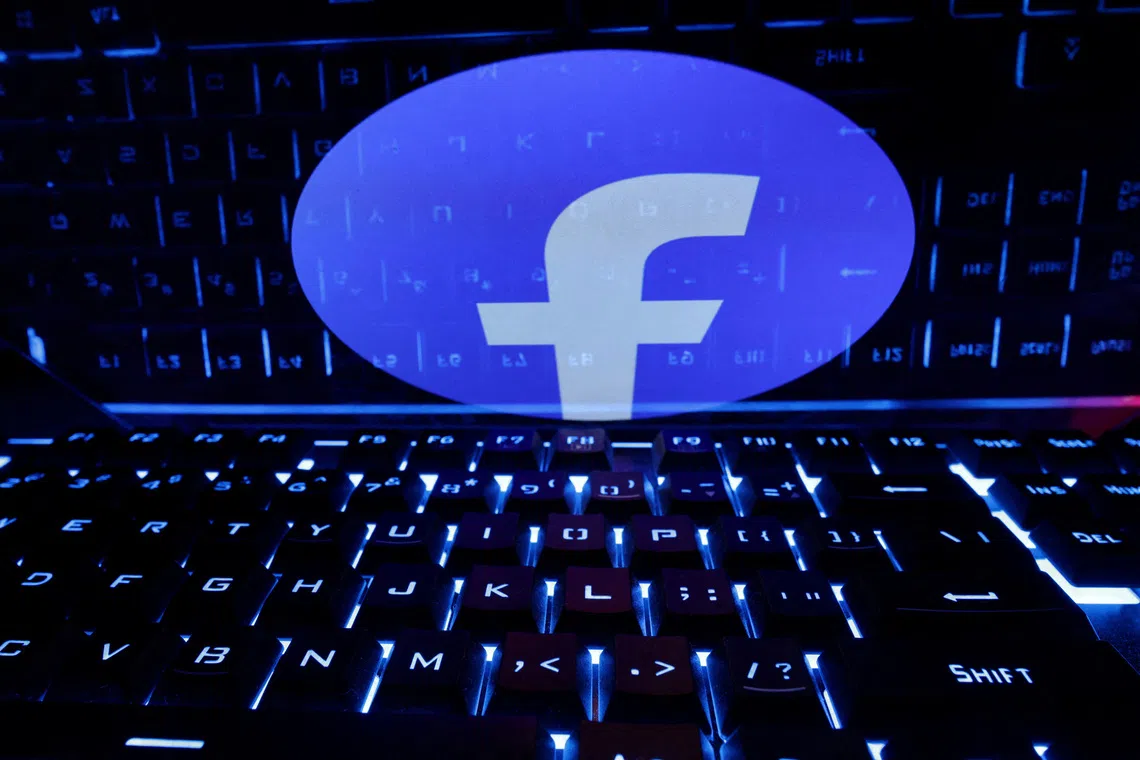Unredacted court documents from a class action lawsuit filed by US school districts against Meta and other prominent social media platforms have brought forth serious allegations: Meta reportedly suppressed internal research that provided causal evidence of its products, specifically Facebook and Instagram, negatively impacting users' mental health.
Meta's Internal Research & Suppressed Findings
The core of these revelations stems from a 2020 initiative, internally code-named Project Mercury. In this project, Meta scientists collaborated with the survey firm Nielsen to evaluate the impact of users deactivating their Facebook and Instagram accounts. To the company's apparent disappointment, internal documents allegedly reveal that individuals who ceased using Facebook for a week reported significantly lower feelings of depression, anxiety, loneliness, and social comparison.
According to the court filings, rather than publicizing these impactful findings or initiating further investigations, Meta allegedly halted additional work on Project Mercury. The company reportedly dismissed these negative study results internally, attributing their validity issues to the "existing media narrative" surrounding Meta's operations. However, privately, staff members are said to have assured Mr. Nick Clegg, then Meta’s head of global public policy, that the research conclusions were indeed valid. One researcher's alleged internal note even stated, "The Nielsen study does show causal impact on social comparison," accompanied by an unhappy face emoji. Another staffer reportedly drew a stark comparison, likening the suppression of these negative findings to the tobacco industry concealing the known harms of cigarettes.
Despite these internal acknowledgments of a direct link between its platforms and adverse mental health effects, Meta is accused of having informed Congress that it lacked the ability to quantify whether its products were detrimental to teenage girls.
Meta's Response to Allegations
In a statement issued on November 22, Meta spokesman Andy Stone addressed the claims, stating that the Project Mercury study was stopped due to what he described as methodological flaws. He emphasized the company’s dedicated efforts to enhance product safety, asserting, "The full record will show that for over a decade, we have listened to parents, researched issues that matter most, and made real changes to protect teens."
Broader Lawsuit & Allegations Against Social Media Giants
The allegation regarding Meta's suppression of harm evidence is just one component of a wider lawsuit filed on November 21 by Motley Rice, a law firm representing numerous school districts across the country. The plaintiffs contend that these tech giants – including Meta, Google, TikTok, and Snapchat – have deliberately concealed internally recognized product risks from their users, parents, and educators. Google, TikTok, and Snapchat have not yet publicly responded to requests for comment.
Specific Claims Against Platforms:
- Tacitly encouraging children under 13 to use their platforms.
- Failing to adequately address child sexual abuse content.
- Actively working to expand social media usage among teenagers, even during school hours.
- Attempting to pay child-focused organizations to publicly defend the safety of their products. For example, TikTok allegedly sponsored the National PTA and then internally boasted about its influence, with officials reportedly stating the PTA would "do whatever we want going forward in the fall… they’ll announce things publicly, their CEO will do press statements for us."
Detailed Allegations Against Meta:
The most detailed accusations within the court filings are primarily directed at Meta, citing various internal documents:
- Meta allegedly designed youth safety features to be intentionally ineffective and rarely used, while blocking tests of other safety features it feared might impede growth.
- The company reportedly required users to be identified 17 times for attempted human trafficking before being removed from the platform, a threshold internally described as "a very, very, very high strike threshold."
- Meta reportedly recognized that optimizing its products to increase teen engagement concurrently resulted in serving them more harmful content, yet proceeded with this optimization.
- Internal initiatives aimed at preventing child predators from contacting minors were allegedly stalled for years due to "growth concerns," with safety staff pressured to formulate arguments justifying the inaction.
- In a 2021 text message, Mr. Mark Zuckerberg reportedly stated that child safety was not his primary concern, indicating he was "more focused on like building the metaverse." He also allegedly dismissed or ignored requests from Mr. Clegg to provide better funding for child safety work.
Meta's Rebuttal and Ongoing Legal Battle
Meta's spokesman, Andy Stone, has strongly disputed these specific allegations. He maintained that the company’s teen safety measures are effective and that its current policy dictates the removal of accounts flagged for sex trafficking as soon as the report is received. Stone contended that the lawsuit misrepresents Meta's efforts to develop safety features for teens and parents, labeling their safety work as "broadly effective" and dismissing the allegations as relying on "cherry-picked quotes and misinformed opinions."
The underlying Meta documents cited in the filing are not yet public, as Meta has filed a motion to strike these documents. Stone clarified that the objection is not to the unsealing in its entirety, but rather to the excessively broad nature of what the plaintiffs are seeking to unseal. A court hearing concerning this filing is scheduled for January 26 in the Northern California District Court.







